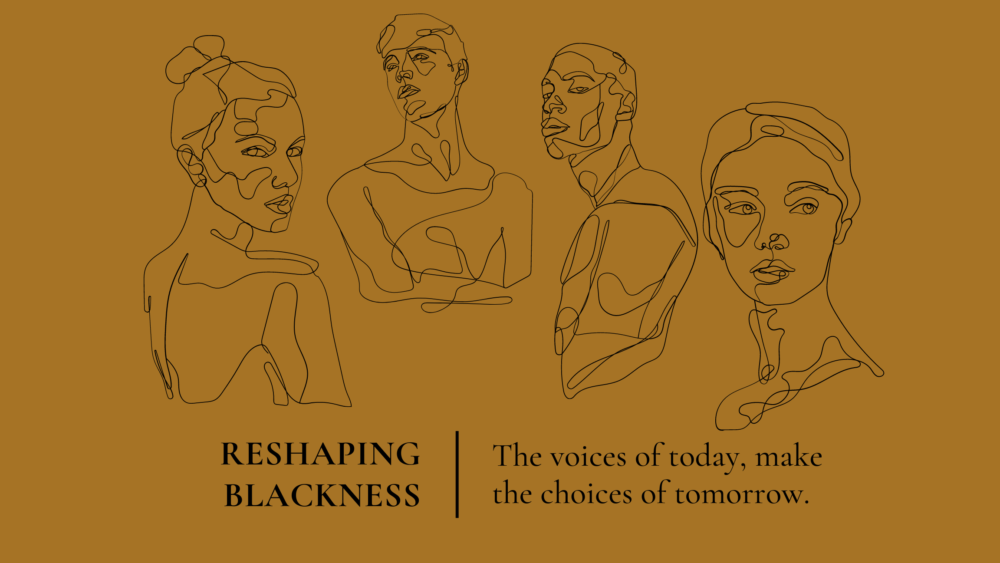
Written by Rochelle Wong, Researcher on The Young People’s Advisory Board.
Social spaces are replicas of different social realities. These realities are often imbalanced in representation and distorted by uninformed ideas about different identities. Historically, the Black identity was viewed through the lens of colonialist discourses which perceived African American people as criminal, unskilled and hypersexual. These discourses justified the mistreatment of Black people and continue to influence contemporary understandings of race. We see it in our cities, organisations and social spaces which are shaped by individual psychologies. These psychologies have roots in the historical enslavement of African people and can be noticed in the rise in Black incarceration, familial breakdown and unemployment.
Social identity is the first of these social factors that influence social change. This is because it shapes our outlook. If a pessimistic outlook is adopted social change can be difficult to accomplish. A great example can be taken from the attitudes of the Black underclass. For a long time, African American people have often been seen as easily disposable in social discussions, resistant to change and critical of reparations. These misconceptions about the behaviour and needs of African American communities are what have led to pernicious initiatives. Initiatives that are implemented with a lack of vision and with individuals who sometimes lack self-belief. How we visualise the future of the Black identity and how the Black identity is reimagined by outside communities, remains key to establishing effective social change. We must work to instil confidence and pride in the Black identity to allow us to introduce methods of change that benefit the needs of the African American identity. Like many historical civil rights figures, young people have repackaged this same message. They have expressed the significance of reclaiming social spaces, redefining terminologies and updating critical race discourses. By bringing to light the need to reshape the expression and acceptance of Blackness, we can start to change the psychology of young African Americans.
Early 20th century critical race theorists predicted that race would continue to plague the structures of American society, but our national understandings of racial matters rest on the state of social conditions. Social conditions that are themselves complex and dynamic, entrenched with a vast web of historical and cultural influences. Racism and representation in education, journalism and business remain prominent issues that young people are spotlighting. This emphasis on reforming structurally divisive policy, questioning stagnant thinking and nurturing the futures of young people notifies us of the social barriers that hinder the change we seek. This leads us to the second social factor that influences social change which is: physical space. Physical spaces encapsulate the essence of intersectional identities and in themselves can be barriers to progress. If we look at the deeper truth, present racial inequalities in America are shaped by mentalities. Mentalities that yield physical spaces that can be restrictive for the Black identity. Young people have challenged these spaces by emphasising the need to have uncomfortable conversations. To create open spaces that thrive off of healthy perspectives on the position of race in society. In order to create and sustain social change, there needs to be recognition of these fragmented social environments and the ways we can remove African American people from repressive systems.
The final social factor this article will touch upon, is the impact of curated cultures. These cultures sometimes derive from distorted racial attitudes and exclusionary practices. Many young African Americans have challenged racially biased cultures through social movements like TEAMENOUGH, Black Lives Matter Youth Vanguard and The Next Gen Come Up.By directing attention to the effects of cultural ignorance and lack of cultural curiosity, they have signalled to governments the importance of reforming culture. The Covid-19 pandemic has exposed the part cultural practices play in shaping the frequency, quality and type of social change. So how do we move forward? Some believe education can be a catalyst for redefining our perceptions of the Black identity, diffusing societal xenophobia and dismantling structurally limiting institutions, processes and ideologies. Therefore, we must reform social spaces and reshape cultural practices. It is each individual’s responsibility to target, challenge and substitute negative beliefs with positive ones. We must continue to find value in the voices of the youth.
The Black Policy Institute and The Young People’s Advisory Board are spaces which aim to do this by strengthening Black transatlantic relationships and providing a platform for different ideas to be expressed.
To find out more information about The Young People’s Advisory Board, please email us at info@tbpi.com or follow our Instagram @ypab.tbpi.
